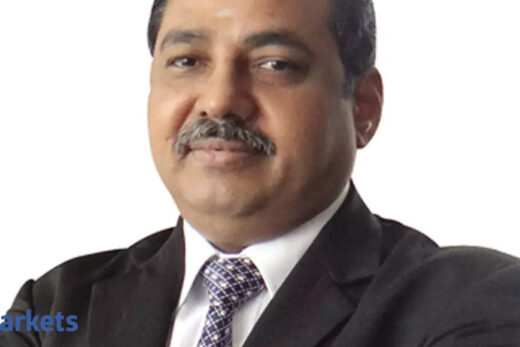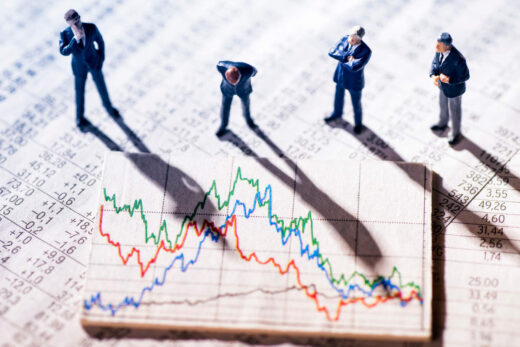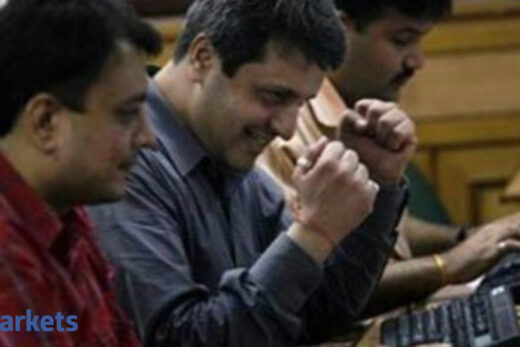The BSE Power index hit its highest level since January 2011, ending a tad below the decade high level as the sector, notorious for its lack of growth and low return capital investment, came back in vogue.
hit its 5 per cent upper circuit and soared 20 per cent.
Trying to find a reason for such moves in the market these days is futile, no matter how hard wordsmiths like us try but try we will. Some analysts attributed the rise to the hopes and dreams of investors that India will consume power like its Diwali every day when the lockdowns end, while others pointed to hopes of higher tariffs given the rising coal prices in the country.
Did you buy any of that?
Moving on, from the things that confound us to the things that intrigue us – defensives are back.
FMCG, IT and pharma rally
Shares of the three defensive sectors, along with Bharti Airtel, were back in favour among investors, who were perhaps concerned by the “mad” market they are seeing in front of their eyes. The Nifty IT, Nifty FMCG and Nifty Pharma indices rose 0.8-1.2 per cent. FMCG stocks found traction because of the rain gods spreading joy to the scorched earth starting from the south. With monsoons expected to be normal this year and the second wave of the pandemic receding, rural consumption could recover soon and boost volumes for FMCG companies.
Cyclicals take a pause
With defensives in favour, some had to fall out of favour. On Tuesday, they were cyclical sectors such as metals, banks and state-owned companies. The Nifty Metal index tumbled over 1 per cent, while Nifty Bank also slumped over 1 per cent. Nifty PSE, which represents public sector stocks, gave up 0.1 per cent of its value. Clearly, some investors are focused on booking profits before they have none.
Even PNB Housing fell
Such was the need to see some real profits by investors that even PNB Housing Finance, which had rallied for nine straight days , felt the need to take a breather. Although, in the company’s case, the breather is for legitimate reasons as doubts emerge over the induction of Carlyle as some suggest that the deal is a slap on the face of minority investors. Okay, maybe just a push and not a slap. Either way, the investor who doubled the money in nine days did not care much.



